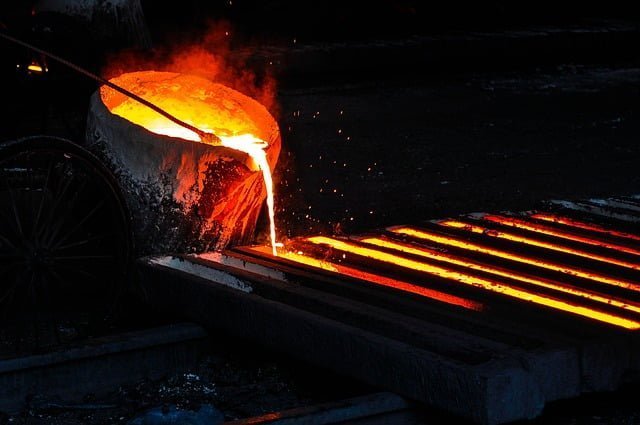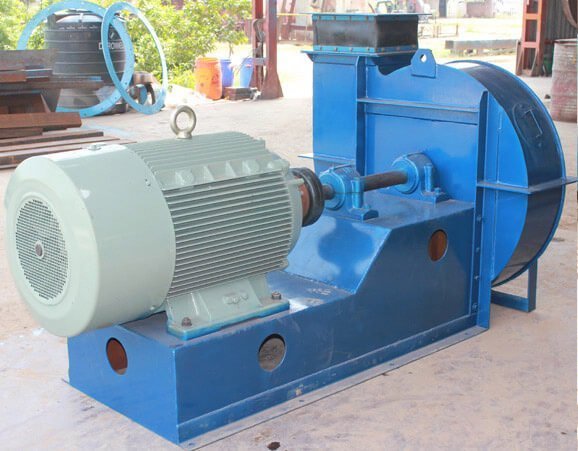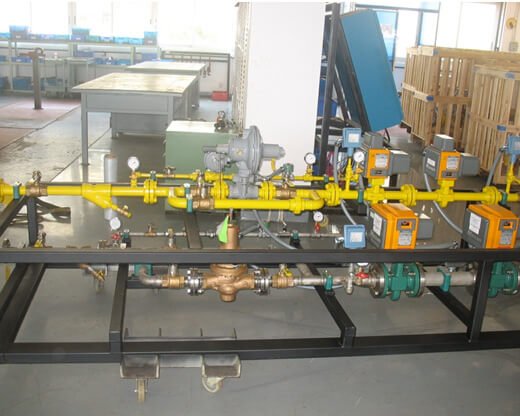Our Exhibitions | Check Full Details Here
Combustion Equipment
Combustion Equipment help in the combustion of fuels for the purpose of heating. At the point where the actual burning of fuel takes place, there are burners. However, there are other support equipment too. Burners and the support equipment are together termed as Combustion Equipment. Combustion equipment therefore includes burners, blowers, heating and pumping units for fuels, recuperators for recovering waste heat, hot air generators, etc.
Combustion efficiency, generally defined as the ratio of heat released by the fuel to the heat input by the fuel, is a major economic value that your combustion equipment gives you. It is dependent on the design of the components of the system. It is also dependent on the synergy between the designs of the components. At Encon, we keep all that in mind while manufacturing your products.
Our heating solutions come equipped with REGEN-Regenerative burners and recuperators, to achieve excellent energy efficiency by recovering the heat from the flue gases. We reduce your energy cost.
Today, emission performance of Combustion Equipment has become a topic of significant importance. Technologists and engineers strive hard to utilize the best standards and technology to minimize the production of exhaust gases by maximizing overall efficiency. The designers of Encon Thermal Engineers keep these considerations close to their heart when they go about designing your Combustion Equipment.
There is a long list of combustion equipment that we manufacture. Our equipment delivers heat energy at the right location in the production system. They supply adequate heat energy at the critical points, and at the same time comply with the requirement of uniform heating. Our designs are innovative and result in high energy efficiency, low operating cost, optimal performance, and long life, for our products:
|
|
Frequently Asked Questions
Combustion equipment refers to devices and systems designed to control and manage the process of burning fuel to produce heat or energy. This equipment includes burners, boilers, furnaces, heaters, and incinerators used in various industrial, commercial, and residential applications.
Combustion equipment can use a wide range of fuels, including:
- Natural Gas
- Propane
- Butane
- Oil (Diesel, Heavy Oil)
- Mixed Gas
- Producer Gas
- Coke Oven Gas
- Syn Gas
- Blast Furnace Gas
- Hydrogen
- Renewable Fuels (Biofuels, Biogas)
- Increased Efficiency: Modern combustion equipment is designed to maximize fuel efficiency and reduce energy consumption.
- Lower Emissions: Advanced technologies reduce pollutants such as CO2, NOx, and SOx.
- Improved Safety: Enhanced safety features and controls minimize the risk of accidents.
- Cost Savings: Reduced fuel consumption and maintenance costs lead to overall savings.
- Better Control: Precise control over combustion processes improves product quality and process consistency.
- Regular Maintenance: Ensure that the equipment is well-maintained to prevent inefficiencies.
- Upgrading Controls: Implement advanced control systems for precise monitoring and adjustments.
- Heat Recovery Systems: Use economizers and recuperators to capture and reuse waste heat.
- Optimizing Air-Fuel Ratio: Adjust the air-to-fuel ratio for complete combustion.
- Insulation: Proper insulation of the combustion chamber and related components to reduce heat loss.
- Regular Inspections: Conduct routine inspections to identify and address potential issues.
- Training: Ensure operators are well-trained in safe operation and emergency procedures.
- Proper Ventilation: Maintain adequate ventilation to prevent the buildup of hazardous gases.
- Leak Detection: Implement systems for detecting and addressing fuel leaks.
- Fire Suppression Systems: Install fire suppression systems to handle potential fires.
Combustion equipment should be maintained regularly, with the frequency depending on the type and usage. Generally, a detailed inspection and maintenance should be performed annually, with more frequent checks on critical components such as burners, controls, and safety devices.
The lifespan of combustion equipment varies based on the type, usage, and maintenance. Typically, well-maintained combustion equipment can last between 10 to 15 years.
- Application Needs: Determine the specific requirements of your process (temperature, pressure, etc.).
- Fuel Type: Choose equipment compatible with the available fuel sources.
- Efficiency: Consider the energy efficiency and potential savings.
- Capacity: Ensure the equipment can handle the required load.
- Regulations: Check compliance with local environmental and safety regulations.
- Supplier Support: Choose a reputable supplier with good after-sales support and service.
Yes, combustion equipment can be used with renewable fuels such as biofuels and biogas. Modern combustion systems are often designed to be flexible and can be adapted to use a variety of renewable fuels, contributing to sustainability and reducing dependence on fossil fuels.
- Digitalization and Automation: Use of advanced control systems, IoT, and AI for improved monitoring and optimization.
- Low-NOx Burners: Development of burners that produce significantly lower nitrogen oxide emissions.
- Hybrid Systems: Combining traditional combustion with renewable energy sources for greater efficiency and sustainability.
- Advanced Materials: Use of high-performance materials for better heat resistance and durability.
- Modern Burner technologies like
Regenerative Burner
Self Recuperative burner
Oxy Fuel & Oxy enriched Burner
Hydrogen Burner













